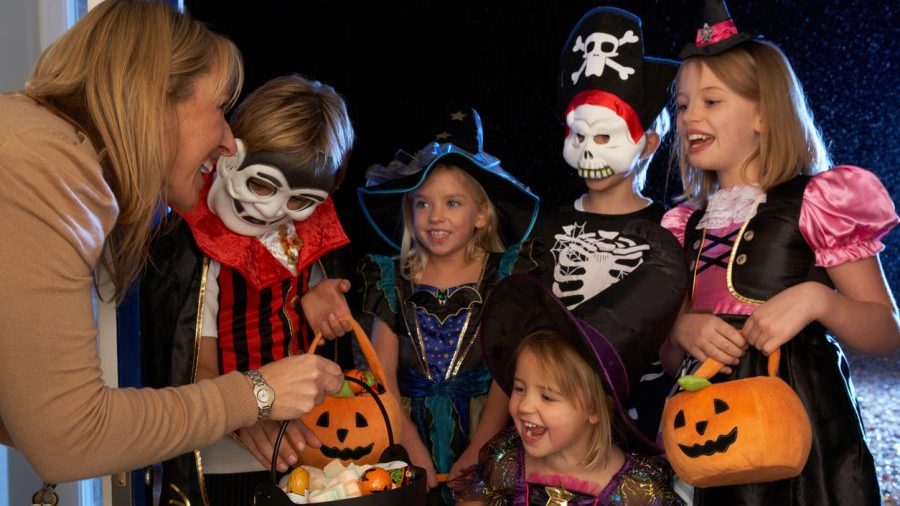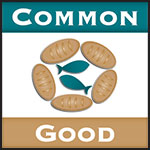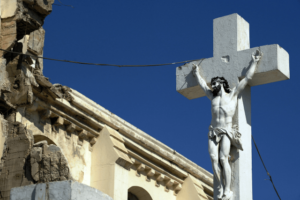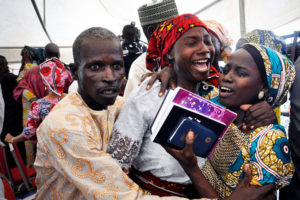Another Perspective: Why I Celebrate Halloween

Published on THE STREAM
This afternoon I will return from a legal seminar to find neighborhood children at my door seeking candy. Many will be accompanied by their parents, my neighbors.
Like many of you, I have been all over the place on this question of how to approach Halloween.
I respect the various ways in which Catholics and other Christians choose to respond. However, I think it is helpful to consider Halloween’s historical context. The term Halloween is derived from All Hallows Eve, the Christian Vigil of the celebration of the Christian Feast of All Saints.
The Bible readings at the Catholic Liturgy point us toward the perfection of the Saints in heaven. They encourage us to become saints in our own journey here on earth, through living the words of Jesus in the beatitudes.
Like many Christians, I am aware that the contemporary celebration of Halloween, with its ungodly embrace of goblins, ghosts and the demonic, reflects the waning influence of the Christian worldview in the West. However, it also presents an opportunity for believers to do what we have always done: live like missionaries in our own culture.
How The Church Transforms Culture
I suggest we consider how the Church has transformed cultures throughout her history — and then do the same.
The Church has always recognized that some cultural practices can be mixed, containing those aspects which elevate the human person and those which do not. Halloween falls in that category. However, I believe Christians are invited to transform cultural practices from within through a proper participation.
That has been our missionary model for over two millennia.
Many of the dates on the calendar which were Christianized and now host Christian Holy-Days were originally utilized for Pre-Christian (Pagan) celebrations. This process reflects the wisdom of the Church and her faith-based missionary approach. She baptized them, recognizing the seeds of what was good and true within them.
By immersing them in the beauty of the proclamation of Jesus Christ, the Word Incarnate — who is the fullness of truth and the source of all goodness — she turns them into vehicles for transforming culture by infusing them with the values of the Kingdom Jesus inaugurated.
The Church is the Body of Christ. She is meant to become the home of the whole human race. As the early fathers were fond of proclaiming, the Church is the world reconciled — the world in the process of transfiguration. We who live our lives now in the Church do so for the sake of the world.
We should not be afraid of human culture. We are called to continue the redemptive mission of our Lord by transforming it from within as leaven in a loaf. Even the emphasis on the dead which often accompanies Halloween offers an opportunity to address this great existential issue. Whereas many secularists and contemporary pagans fear death, we do not.
We view death with the eyes of faith as a change of habitation.
The Rise of All Hallow’s Eve
Originally, the dates commemorating those who witnessed to the faith by their heroic lives and deaths were varied, as local communities honored local saints and martyrs. Over time, those Feast days became more universally accepted as the rhythm of the Church Year became more uniform.
The first account we have of honoring all the saints is from the deacon St Ephrem the Syrian (d. AD 373). The great Bishop of Constantinople, St. John Chrysostom (d. AD 407), set aside the first Sunday after Pentecost for this commemoration.
The Church of the East still celebrates the Feast on that day. In the Western Church the date may have originally been on that date but was moved to May 13th. There is some evidence that the move to November 1st came with Pope Gregory III (d. AD 741), and was likely first observed on November 1st in Germany.
The Feast of All Saints is our family Feast Day — when we honor all those who have died, marked with the sign of faith, and gone on before us to be with the Lord. They now beckon all of us into the fullness of the communion of love. The vigil of the Feast (the eve) came, in the English-speaking world, to be known as All Hallows Eve or Halloween. . . . . .



